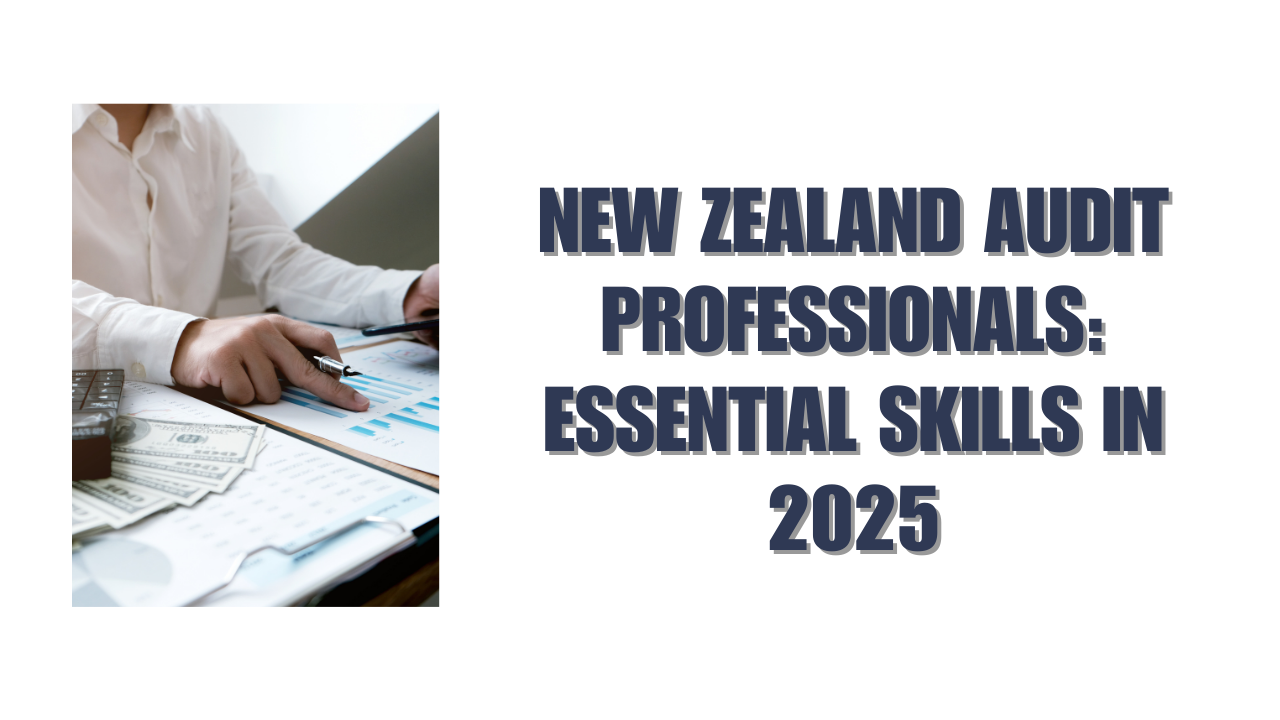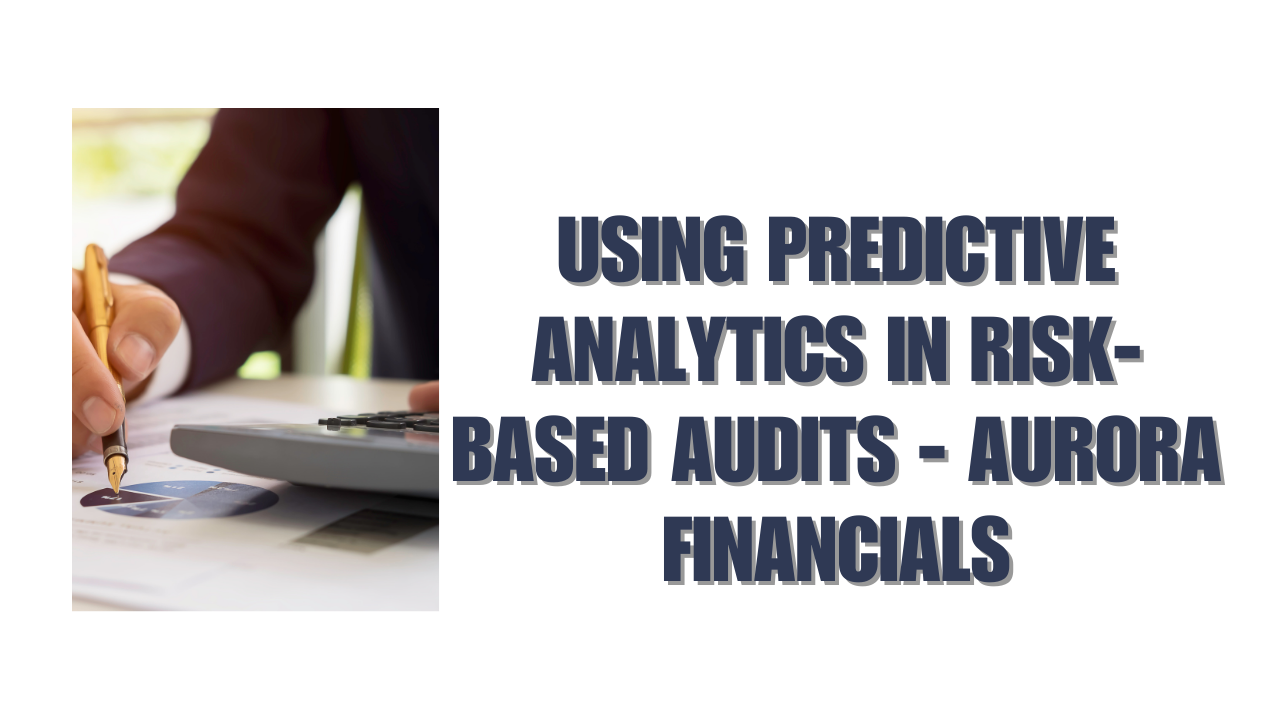New Zealand audit professionals face an unprecedented situation right now. The country reported 206 vacancies in April 2021, and experts predict this number could reach beyond 300. Before COVID-19 closed the borders, New Zealand’s audit sector relied heavily on international talent and recruited about 230 auditors from overseas each year.
This severe shortage has prompted the Financial Markets Authority to grant temporary extensions for business reporting deadlines. The skills gap impacts audit quality as existing auditors struggle with growing workloads. Our survey of 360 professional auditors in New Zealand revealed significant gaps in communication and risk planning skills. These findings highlight the need to develop the right capabilities for future success.
This piece will show you the most important skills that will define New Zealand’s auditing future and help you prepare for what 2025 and beyond will bring.
What’s Changing in the Audit Profession by 2025
The audit profession in New Zealand faces a complete transformation that will redefine an audit professional’s role by 2025. Several major forces now come together to create challenges and opportunities in our profession.
Technology adoption moves faster than ever. Auditors no longer spend countless hours manually sampling transactions. They now use automated tools to analyze entire data sets and focus more on judgment-intensive areas. Data analytics platforms that were once innovative technology have become standard requirements. Advanced AI and machine learning capabilities blend into audit workflows.
The pandemic has changed client expectations forever. Remote auditing practices started as temporary solutions but became permanent fixtures. Firms now use hybrid audit approaches that combine virtual and in-person procedures. This new reality pushes auditors to master remote collaboration and digital evidence gathering.
New regulations continue to reshape our profession. High-profile corporate failures worldwide have led to stricter audit quality standards. The scope of sustainability reporting grows faster, and auditors just need environmental, social, and governance (ESG) expertise. This marks a transformation in what audit professionals must know beyond traditional financial statement auditing.
Blockchain technology makes its way into financial systems, bringing new possibilities and hurdles. While blockchain offers immutable transaction records, auditors must create new verification approaches with deeper technical understanding.
The traditional career path for auditors has changed significantly. The skills shortage leads firms to find alternative talent pipelines. They create specialized audit roles that didn’t exist before. Audit professionals must now become industry experts rather than staying generalists.
These combined forces will create a new breed of successful auditors by 2025. The next section will show which skills matter most to thrive in this new era.
Top Skills Every Auditor in NZ Will Need
Modern audit professionals need a wide range of skills that go way beyond traditional financial expertise. New Zealand auditors should focus on these essential capabilities as we approach 2025, based on current industry trends and regulatory changes:
Technical Proficiency in Climate-Related Risks
Climate change reporting has become mandatory. New Zealand’s introduction of mandatory climate-related disclosures for about 200 FMC reporting entities started in 2023. Auditors should build solid knowledge of physical and transitional climate risks. They must know how to evaluate these factors’ effects on financial outlooks while reviewing statements.
Advanced Data Analytics Capabilities
Data mining and analytics rank among the top five skills that internal auditors need (47%), according to The Institute of Internal Auditors. Today’s auditing requires expertise in specialized software like ACL Analytics, Caseware IDEA, and visualization tools such as Tableau and Power BI. These tools help auditors analyze complete datasets instead of samples, which improves audit quality by a lot.
Critical Thinking and Professional Skepticism
The IIA’s Pulse of the Profession Survey shows analytical and critical thinking as the most valued skill (77%). Auditors should maintain a questioning mindset during engagements and avoid accepting information without proper scrutiny. Professional skepticism serves as the cornerstone of quality assurance work.
ESG Expertise Beyond Compliance
Sustainability assurance has become “the biggest change and chance the auditing profession has experienced since the adoption of International Financial Reporting Standards”. Auditors should understand sustainability frameworks, verification methods, and ways to evaluate non-financial metrics.
Collaborative Communication
Communication ranks second (66%) among desired auditor qualities. Modern auditors should excel at interviewing, negotiating, and building relationships. The Collaborative Advantage initiative emphasizes sharing “best practices as well as imperfections and mistakes”. Today’s auditors need to promote knowledge exchange rather than just report findings.
How to Prepare for a Future-Proof Audit Career
Your path to a successful audit career in New Zealand needs smart planning and ongoing growth. A commerce, business or accounting degree with an accounting major serves as your entry ticket to the profession.
Professional credentials will boost your job prospects by a lot. Most employers look for membership with Chartered Accountants Australia New Zealand (CAANZ). Audit New Zealand supports its professionals with detailed backing through the CA ANZ qualification pathway. This includes covered tuition fees and paid study leave.
The Certified Internal Auditor® (CIA®) certification stands out as a global mark of expertise for internal auditors. The Certification in Risk Management Assurance® (CRMA®) shows your specialized skills in risk management.
A personal development plan paves the way for career growth. You should start with a skills audit to spot gaps in your abilities. This quick 30-60 minute process is a great way to get direction for your professional journey.
Your credentials need regular Continuing Professional Development (CPD). Certificate holders must improve their knowledge through ongoing education to keep their skills sharp.
The audit career ladder has clear steps. You start as an Assistant Auditor, move up to Intermediate Auditor, then become an Auditor while completing your Chartered Accountant studies. The path leads to Senior Auditor, Assistant Manager, Audit Manager, and possibly Associate Director or Audit Director roles.
Many firms help you grow through mentorship programs. Audit New Zealand matches professionals with dedicated mentors who invest in their success.
Picking a specialty helps you stand out. You can focus on computer audits, environmental audits, tax services, forensic accounting, or corporate governance. Expert knowledge in areas like climate-related disclosures will help top audit professionals distinguish themselves in New Zealand’s changing market.
Conclusion
Without doubt, New Zealand’s audit profession stands at a pivotal moment that reshapes the scene. Traditional accounting knowledge remains essential, but success in 2025 just needs emerging technologies, climate-risk assessment capabilities, and advanced analytical skills.
Professionals can stand out through certifications like CAANZ or CIA and specialized expertise in ESG coverage. The skills gap brings challenges yet creates opportunities for professionals who are ready to adapt and grow.
These changes serve as stepping stones toward a more rewarding career path. A solid educational foundation and continuous learning will help secure your future in this evolving profession.
Audit professionals who adopt technical excellence while developing their soft skills will own the future. Time invested now to build these capabilities will position you perfectly to handle tomorrow’s complex audit challenges.
FAQs
Q1. How is the audit profession expected to change by 2025 in New Zealand?
The audit profession is evolving rapidly, with increased focus on technology adoption, remote auditing practices, tighter regulatory standards, and growing demand for ESG expertise. Auditors will need to adapt to new tools, develop skills in data analytics, and understand climate-related risks.
Q2. What are the most important skills for auditors in New Zealand moving forward?
Key skills for future auditors include proficiency in climate-related risk assessment, advanced data analytics capabilities, critical thinking and professional skepticism, ESG expertise, and strong collaborative communication skills.
Q3. Is there a high demand for auditors in New Zealand?
Yes, there is a significant demand for auditors in New Zealand. The country has been facing a shortage of skilled auditors, with hundreds of vacancies reported and an increasing reliance on international talent to fill these positions.
Q4. How can I prepare for a successful audit career in New Zealand?
To prepare for a successful audit career, obtain a relevant degree, pursue professional certifications like CAANZ or CIA, develop a personal learning plan, gain practical experience, and consider specializing in high-demand areas such as ESG reporting or data analytics.
Q5. What certifications are valuable for auditors in New Zealand?
Valuable certifications for auditors in New Zealand include membership with Chartered Accountants Australia New Zealand (CAANZ), the Certified Internal Auditor® (CIA®) certification, and the Certification in Risk Management Assurance® (CRMA®). These credentials enhance employability and demonstrate expertise in the field.






